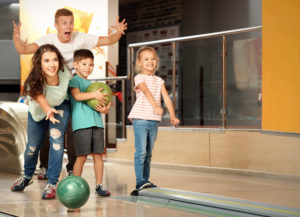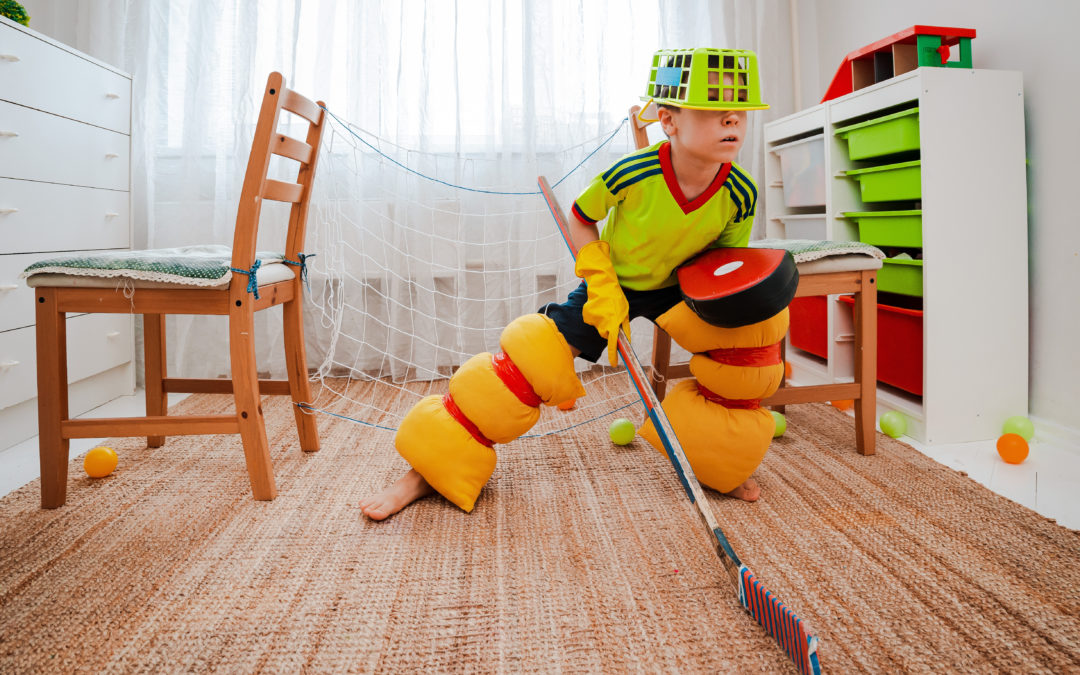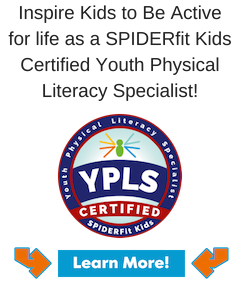As adults, our imaginations are full of intriguing yet mythical phenomenon like Bigfoot, aliens, and young athletes doing the “at home” workouts their coaches prescribe.
Throughout the last 20+ years of my coaching career, I’ve created hundreds of at-home workouts for young athletes at the request of their parents and coaches. In this time, I’ve witnessed a .000000001% adherence rate with these programs.

It’s not that kids are lazy. It’s just that when it comes to specific skill work, they need guidance and motivation. The part of their brain that links current actions to future outcomes isn’t quite put together yet so doing difficult, unfamiliar activities during their free time doesn’t seem very appealing.
Parents could help in the process but that would require them to have the time, energy, and knowledge to not only direct the activities, but create a positive, engaging training environment.
We’ve all seen the YouTube videos of parents engaged in intense backyard training with their young athlete, but have you ever noticed these are usually the last highlight videos we see of them? By the time their athletic skill “counts” towards things like college and professional sports, they’ve already left it in the backyard with a damaged relationship with sports and often their parent.

All the above has made me take another look at more realistic, proactive long-term steps we can take to facilitate skills at home that enable a long, successful athletic career. It’s not so much about specific drills as it is about the environment we create. With our attitudes, actions, and behavior as parents we can create either obstacles or opportunities for kids to develop a positive relationship with athletic preparation.
Below are at home activities we can facilitate as parents that can have a dramatic long-term impact on a child’s interest and ability in sports and other physical activities.
 1. Teaching kids to keep their gear organized
1. Teaching kids to keep their gear organized
When it comes to the stress created by youth sports, locating uniforms and gear prior to practice ranks pretty highly, particularly when parents become involved. This can interfere with arriving to practice or games in a timely manner and the phrenic search can contribute to pre-performance angst.
Holding kids accountable to emptying their training bag after games and practice in addition keeping their gear in designated areas is a positive habit that will help eliminate unnecessary stress associated with practice and competition. This lesson in preparation will spill over into other realms of their life as well.
2. Watching your language
When our kids hear us talk bad about their coaches or teammates, it gives them license to do the same. When a young athlete is taught to doubt their coach as well as their teammates, it forms a poor team mindset that can become an obstacle their entire athletic career.

Hold these conversations out of earshot of your young athlete. If you find yourself frequently questioning the team environment, seek a change immediately.
3. Being active together
When families are active, kids have far more opportunities to practice sports skills. “We’re heading up to the park, grab your ball!” inspires more interest in practicing skills than “Dad and I are going to watch a movie, go outside and practice”.

4. Eating dinner together
Proper nutrition is an important aspect of helping young athletes fuel, grow, and repair properly. Research suggests that young athletes who consistently eat with their families eat more vegetables and higher nutrient-dense foods. Building these habits at a young age enables them to last for a lifetime.
5. Letting them play
The skills that separate good players who are the result of coach and parent brow-beating and great players who excel on their own accord are often developed during unstructured play within a sport.
Outside of the confines of coaches’ and parents’ critical eye, kids can explore and experiment with the different ways to execute the tactics of a sport. It’s important to make sure young athletes have opportunities to “play” with their sport without coach and/or parent input.

6. Watching sports together
Whether its live or televised, watching a sport together is a positive way to connect with your young athlete. Many of us remember going to games or watching them on television with our parents and how this inspired us to play and practice.
Elite level sports also provide kids with positive role models that can shape their attitudes towards things like competition, preparation, and other important aspects of athleticism.
7. Encouraging non-sport hobbies
Statistically, two of the biggest barriers standing between an athlete and their full potential include injury and burnout. Young bodies and brains can only take so many demands and expectations before they break.
Encouraging kids to have interests outside of sports helps provide a broader life perspective and can alleviate the relentless stress on their brain and body.
When the home environment encompasses all of the above, there’s a much greater likelihood young athletes will develop the interest and commitment to develop skills independently during their lifelong positive relationship with sports and physical activity.

Brett Klika CEO and co-founder of SPIDERfit is an international award- winning certified strength and conditioning coach, author, and motivational speaker with over 20 years experience motivating and inspiring youngsters to a life of health, fitness, and performance.
Brett consults with schools, athletic organizations, fitness professionals, and fortune 500 companies around the world.






Connect with SPIDERfit!